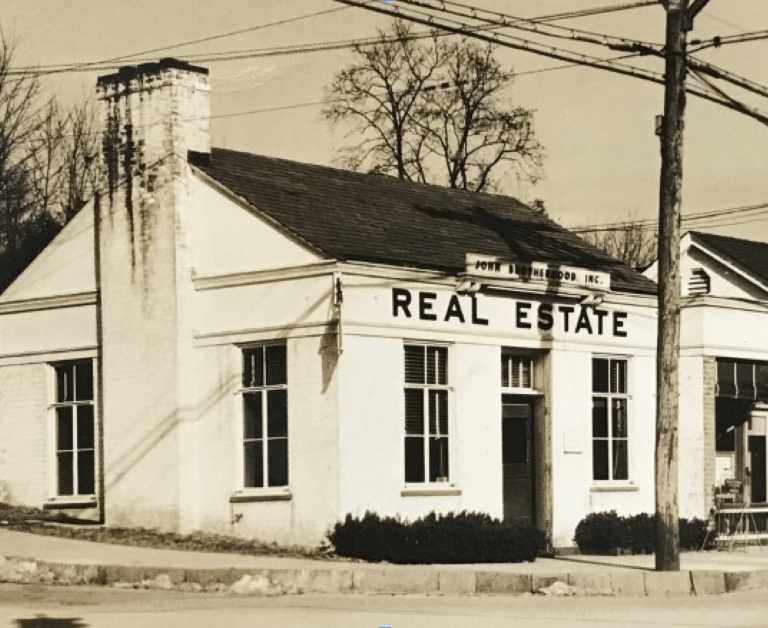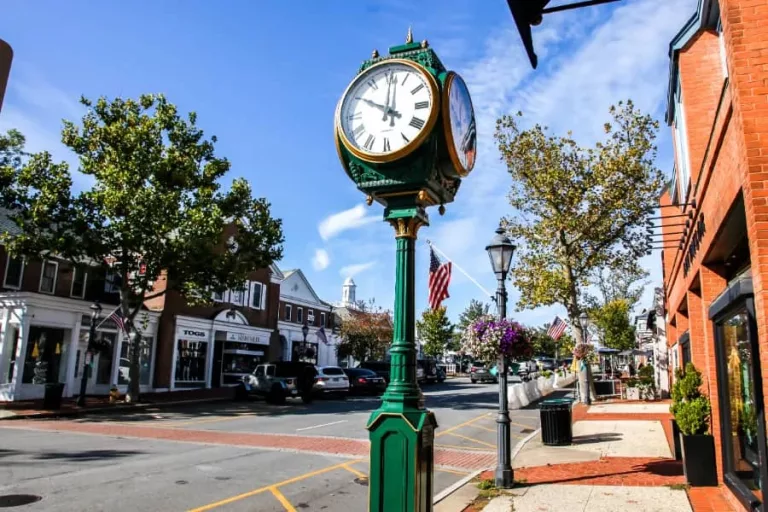By Rev. John Kennedy
At St. Mark’s here in town, the Gospel reading we chose (there were two options) for the Sixth Sunday of Easter was John 5:1–9, the story of the cure of a sick man at the Pool of Bethesda. The passage sits awkwardly alongside the other Gospel texts of the Easter season, with their classic themes of resurrection, eternal life, Jesus the Good Shepherd, the mystical union of Jesus, the Father, and the Church, and the gift of the Holy Spirit.
Instead, this text gives us something very different: a story of Jesus healing a man who doesn’t seem to want healing, and who, as far as we know, receives the grace of God in vain. It’s almost as if this Gospel gives us a little bit of Lent in the midst of Easter—just as Laetare Sunday (the fourth Sunday in Lent) offers us a bit of Easter in Lent.
Perhaps the message is something like this: God’s goodness and mercy may pursue us all the days of our life (as Psalm 23 says), but we must want it if we are to receive it in its fullness. If the Easter season is about the new life we’re offered in Christ, then this passage reminds us—warns us—that we can miss it, turn away from it, reject it… even when it’s right in front of us.
Speaking of missing things: this Gospel has a missing verse.
Verse 4 is omitted from most contemporary translations because it’s not found in the best manuscripts of John’s Gospel. Its wording in Greek is also unlike the rest of John, leading scholars to conclude that it was probably added later.
That may be. But the missing verse helps explain the story. It reads: “They were waiting for the stirring of the water, for an angel of the Lord went down at certain seasons into the pool and stirred up the water; whoever stepped in first after the stirring of the water was made well from whatever disease they had.”
Without that verse, it’s unclear why people are lying around the pool in the first place. Were they just resting? Receiving some kind of spa therapy? No. They were waiting—watching for the moment the water was stirred, whether by underground geological activity or divine intervention. And they believed that the first person into the pool would be healed.
Jesus enters this scene and singles out one particular man. We’re told he has been ill for thirty-eight years. He has likely spent much of that time at the pool. Jesus asks him a deceptively simple question: “Do you want to be made well?”In Greek, this word for “want” implies volition, intention. Jesus isn’t just asking whether he’d prefer to be made well. He’s asking whether he truly wills it.
It’s a question full of possibility—an invitation to self-reflection. Had the man paused to consider it honestly, he might have uncovered something important about himself. But he doesn’t reflect. He doesn’t even answer. He deflects, offering an excuse for why he’s been unable to get into the water first.
Why the evasion? Why the passivity?
Now, I want to be clear: many of us, when faced with illness—whether physical or psychological—want nothing more than healing. We long for it in the way Jesus seems to ask of the man by the pool: sincerely, deeply, with all our being. Whether it’s for ourselves or someone we love, we seek healing however we can. We pray, we research, we undergo treatments, we do whatever it takes.
And I also know that some of us, when healing does not appear to be in the cards—at least not physical healing—come to accept our condition with extraordinary grace and courage. I have witnessed that nobility many times.
But it seems there are also cases where a person seems to cling to a chronic condition. Sometimes the illness, physical or psychological, becomes so entwined with our identity that we are no longer sure who we are without it. This is often unconscious, but it is real. So perhaps it’s not so strange, after all, that the man in today’s Gospel doesn’t leap at the offer of healing.
Whatever is going on with him, Jesus heals him. But what’s striking is that the man expresses no gratitude, no joy, no acknowledgment. This is a dramatic contrast to almost every other healing story in the Gospels. Jesus heals him physically—but spiritually, he remains misaligned. He receives a miracle, yet misses the meaning.
And how easy it is for us to do the same.
We proclaim that Christ is risen. But do we perceive it? Do we receive it? Or do we carry on as though nothing truly happened?
The question Jesus asked that man at the pool is still addressed to us: “Do you want to be made well?” Or, in the King James Version: “Wilt thou be made whole?”
This Collect (opening prayer) for the Sixth Sunday of Easter spoke of the “good things” prepared for those who love God—things that surpass our understanding. C.S. Lewis once described God’s love as “a burden of glory, not only beyond [what we deserve] but also, except in rare moments of grace, beyond our desiring.”
So even after the Easter flowers have faded and the alleluias have quieted, the Risen Christ still comes to us—sometimes gently, sometimes disruptively—asking: Do you want to be made whole? May he come to each of us, shake us out of our complacency, and stir in us the desire for the life only he can give. Yes—may Jesus leave us shaken… and stirred.
The Rev. John Kennedy serves as Associate Rector at St. Mark’s Episcopal Church in New Canaan.



